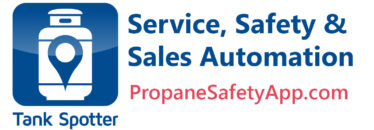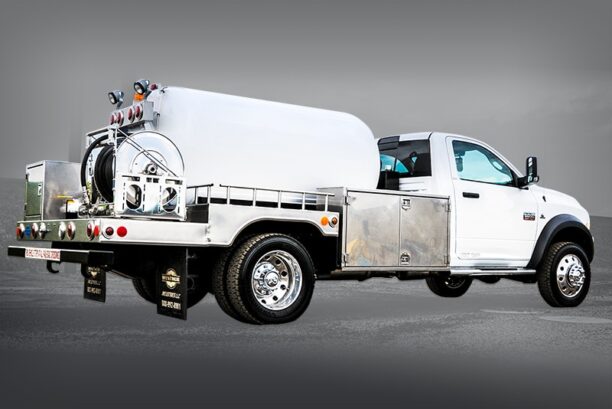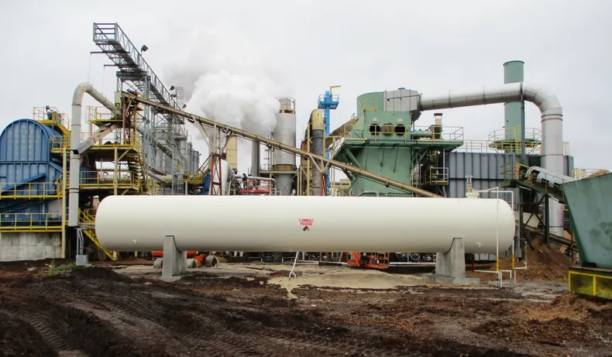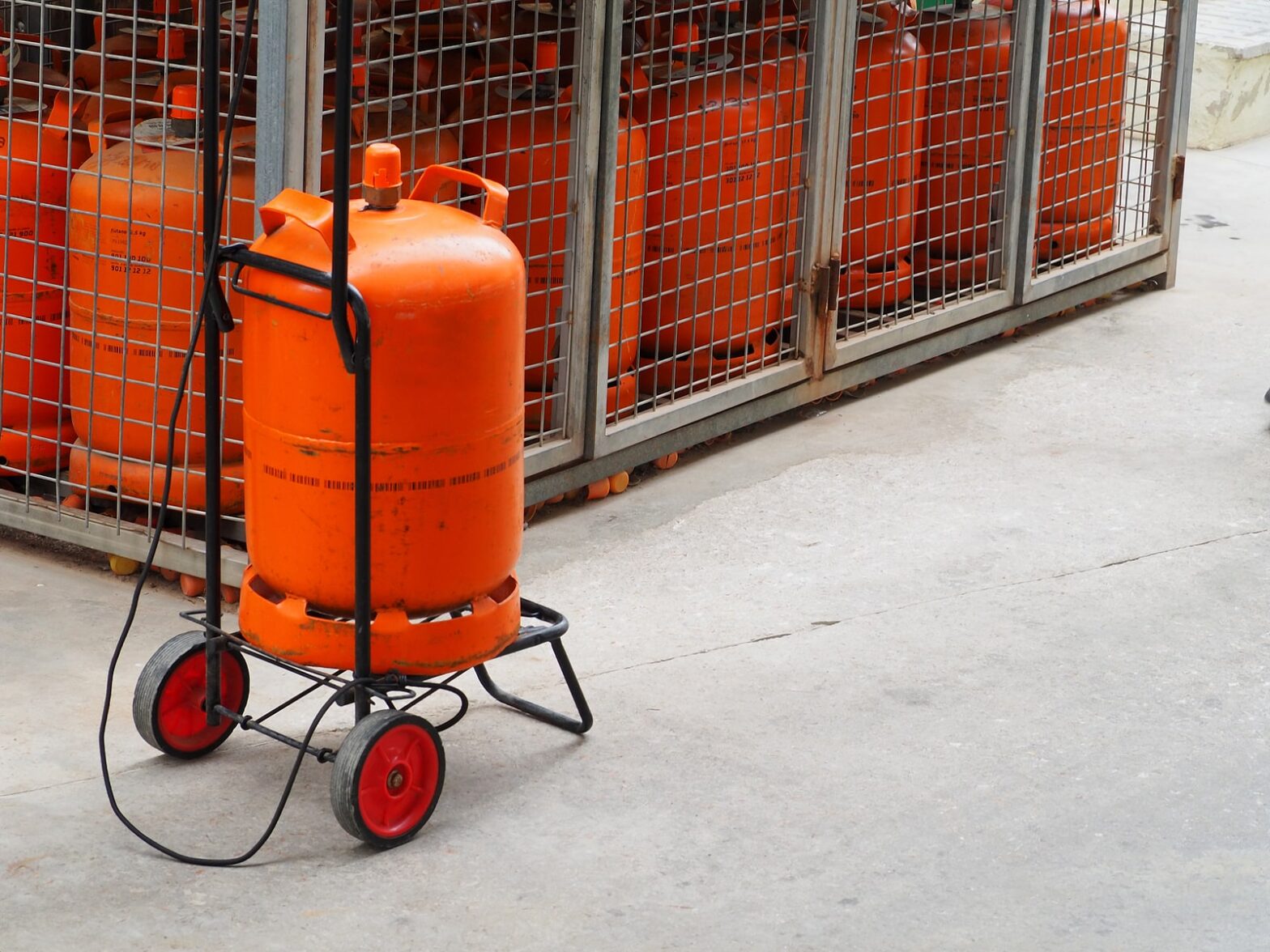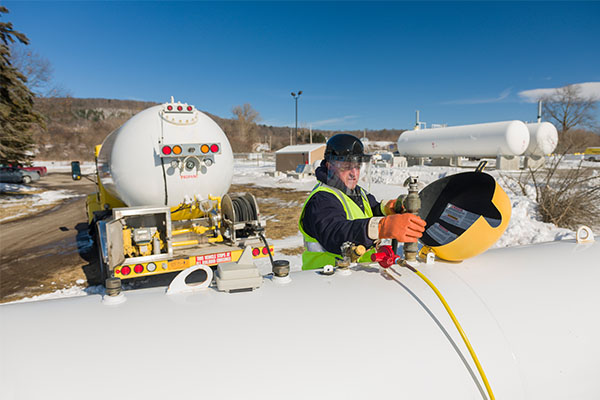Seasonal Propane Demand and Impact on Delivery Tactics

Seasonal shifts in weather bring about significant changes in propane usage, directly impacting delivery strategies for propane companies. Understanding these patterns is helpful and critical for planning, resource allocation, and ensuring uninterrupted customer service.
Grasping Seasonal Variations in Propane Use
In colder months, propane demand typically spikes due to heating needs, while warmer seasons see a drop-off as heating is less necessary. However, nuances in consumer behavior and emerging trends can also influence these traditional patterns.
1. Anticipating Demand:
Propane delivery companies must forecast the increase in demand that comes with the onset of cold weather. Accurate predictions require analyzing historical data, monitoring long-term weather forecasts, and staying attuned to current market conditions.
2. Fleet Management and Routing:
With the expected rise in demand during peak seasons, optimizing delivery routes and ensuring the fleet is in top condition become priorities. This may mean scheduling extra maintenance checks before the high season begins and planning the most efficient delivery routes to handle the increased load.
3. Storage and Inventory Management:
Maintaining a more extensive inventory is essential to avoid shortfalls during peak periods. Propane companies often fill storage facilities in the run-up to winter, ensuring enough supply to meet customer needs.
4. Customer Communication:
Keeping customers informed about expected delivery schedules, especially during high-demand seasons, helps manage their expectations and prevents potential dissatisfaction. Encouraging customers to schedule deliveries early can also help spread out the demand.
5. Flexible Pricing Strategies:
Seasonal demand fluctuations can lead to price volatility. Companies might employ pricing strategies that reflect the change in supply and demand, offering early-fill specials during the off-peak months or volume discounts to steady the demand curve.
6. Emergency Response Planning:
Extreme weather can lead to sudden increases in demand or disrupt delivery schedules. Propane delivery companies need emergency response plans to quickly address these unexpected changes and ensure their customers are not left in the cold.
7. Diversifying Services:
To offset the seasonality of the business, propane companies might expand their service offerings. This could include servicing propane appliances, offering maintenance services, or catering to industries that use propane year-round.
An Opportunity for Growth
Seasonal trends are more than just a background for business planning; they are pivotal in shaping the strategies of propane delivery companies. By preparing for the inevitable ebb and flow of demand, these businesses can ensure consistent service, optimize their operations, and maintain customer satisfaction throughout the year. A keen understanding of these trends paired with strategic planning allows propane delivery services to not just react to seasonal changes but to anticipate and harness them for business growth and stability.















